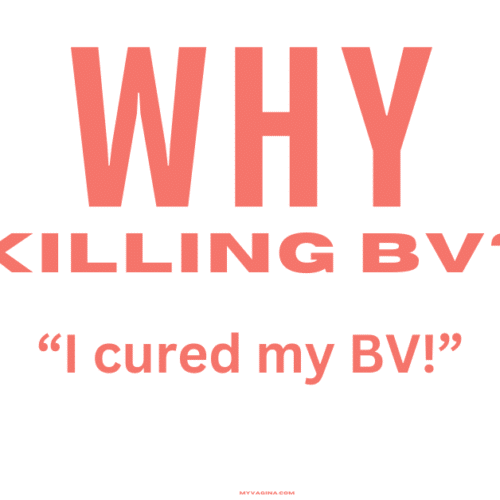New ideas on treating cytolytic vaginosis
Some cases of cytolytic vaginosis are proving tricky to treat with baking soda and ‘leaving it alone’. CV is sort of the new kid on the block, an unexpected advent that has thrown everyone off a little.
Lactobacilli are supposed to be ‘good’, but it seems reasonable that any bacteria can become a problem if the circumstances are right. Additionally, lactobacilli produce lactic acid, which has a very low pH and will irritate, burn and sting an inflamed cell.
There is still some debate about whether CV even exists, with two distinct camps. One says it’s impossible, while the other says it’s happening. Let’s say it’s happening, for argument’s sake, but you MUST have a diagnosis by a doctor where they’ve examined your vaginal fluids under a microscope and found an abundance of lactobacilli compared to a normal sample.
Please do not self-diagnose CV! It could be so many other issues
Healthy vaginal flora often appear with aerobic vaginitis (AV) (but not typically with bacterial vaginosis), but we think that is because AV causes inflammation, thus any lactic acid from lactobacilli will cause stinging and burning, much like lemon juice in a cut.
It is our experience that CV that doesn’t resolve by itself is usually not CV at all, or is CV being driven by another underlying condition. That means when trying to treat suspected chronic CV, you need to be looking at drivers of CV and consider alternatives – maybe treatment isn’t working because lactobacilli overgrowth is not the problem.
If you’re not sure and having ongoing issues with suspected CV, make an appointment with one of our vulvovaginal specialist naturopaths who can help you get to the bottom of your symptoms.
Treating CV
The treatment provided so far has been antibiotics that lactobacilli are not resistant to, or baking soda vaginally.
Why baking soda?
The baking soda is designed to increase the pH and thus diminish lactobacilli populations by creating an unfriendly high-pH environment temporarily. These two treatments, however, are not working for some people.
What lactobacilli cause CV?
The main culprit of CV seems to be Lactobacillus crispatus, present in some vaginal probiotics, but may be L. gasseri. Some people get CV after one treatment with lactulose or vaginal probiotics, while others have been using the treatment for weeks and weeks. It’s impossible to know who will suffer and who will not, or who will be able to leave it be/using baking soda and recover quickly.
Why doesn’t CV resolve on its own?
Other factors that are involved in CV can be hormonal factors (relative oestrogen excess) and blood sugar dysregulation. Underlying factors can keep CV sticking around, because both factors increase accessible vaginal sugars.
Vaginal sugars feed bugs, though some bugs thrive on certain sugars. For example, lactobacilli thrive on glycogen, which is produced by vaginal cells under the influence of oestrogen. More oestrogen results in more glycogen, resulting in more lactobacilli.
New treatment ideas for CV
We’ve canvassed our practitioner friends and colleagues to come up with some new treatments that are working for others. Sorry it took us so long!
- Pomegranate as an oral herbal extract as directed by a herbalist, and in a pessary, to modulate bacterial populations
- Bloodroot orally as a herbal extract as directed by a herbalist, and in a pessary, to modulate bacterial populations
- Borax in the bath, with a very gentle vaginal wash or pessary (borax is very high pH, working in the same sort of way as the baking soda, but on steroids)
- Using non-crispatus strains of probiotics vaginally
- Microbial antagonism with Bifido species
- Using intravaginal prebiotics that don’t feed L. crispatus, such as glucomannan
- Vaginal goldenseal
- Vaginal ozonated sunflower oil
We’re still working on making treatments CV-safe to reduce the incidence within treatments, but also to provide more effective treatments for it when it does occur.
It’s important to remember that everyone is different. If you’re struggling with CV and finding no relief, we recommend getting your overall health looked at by a naturopath, either locally or via My Vagina.





